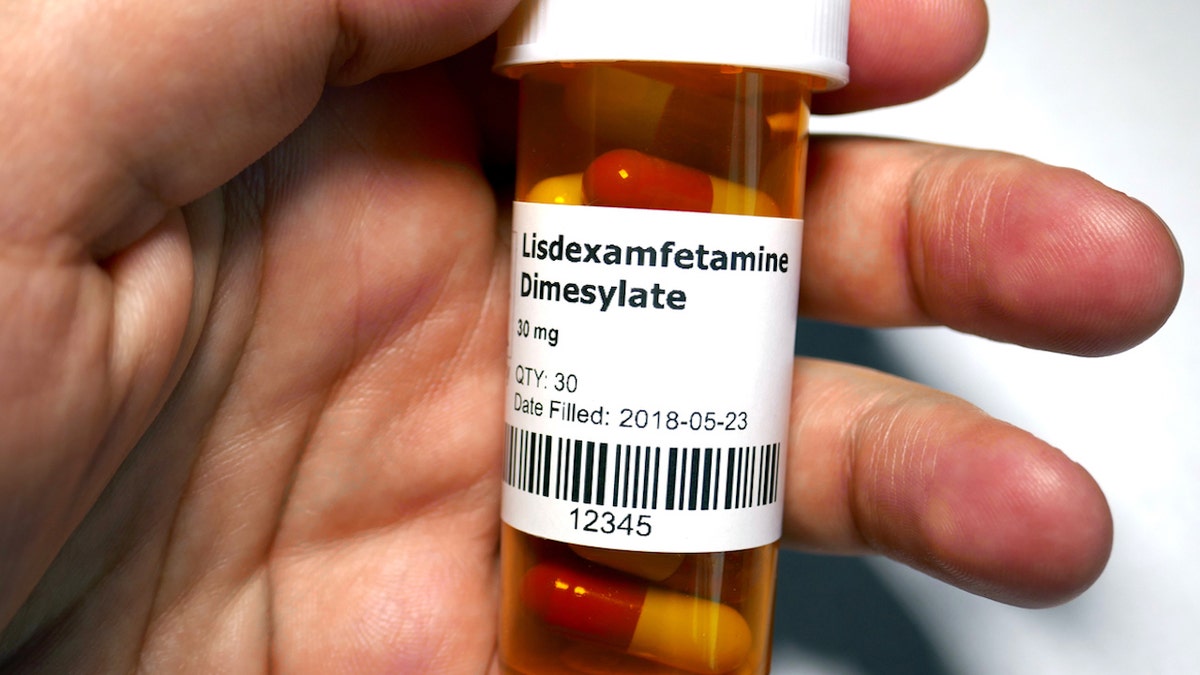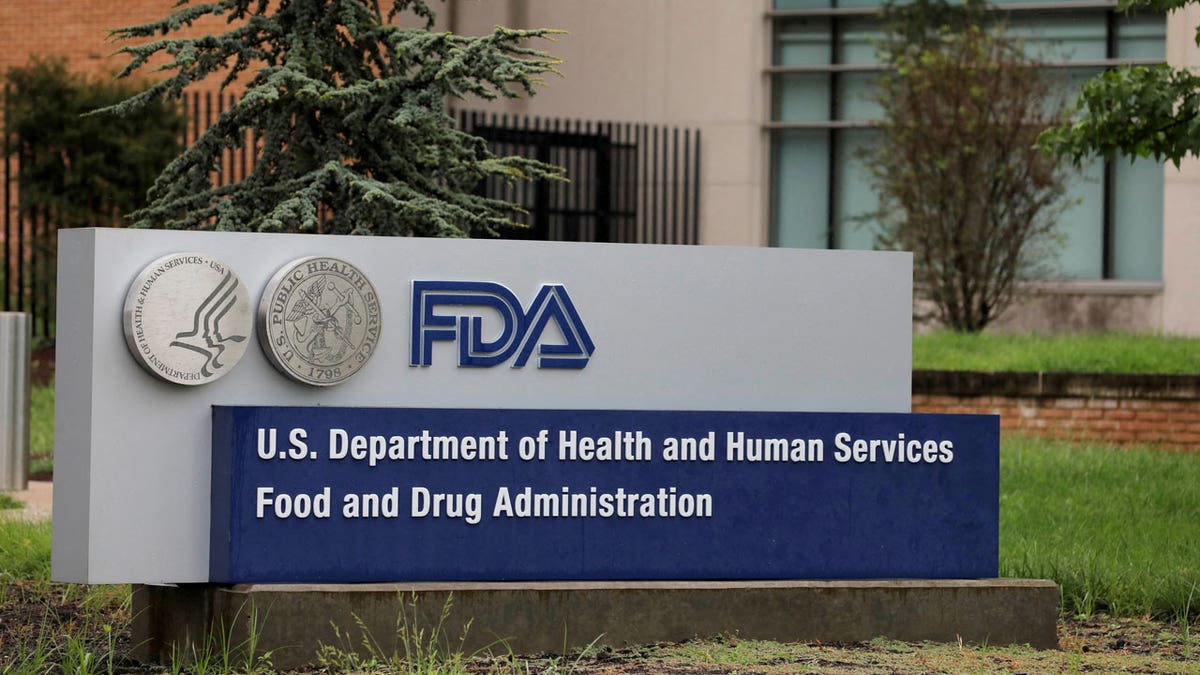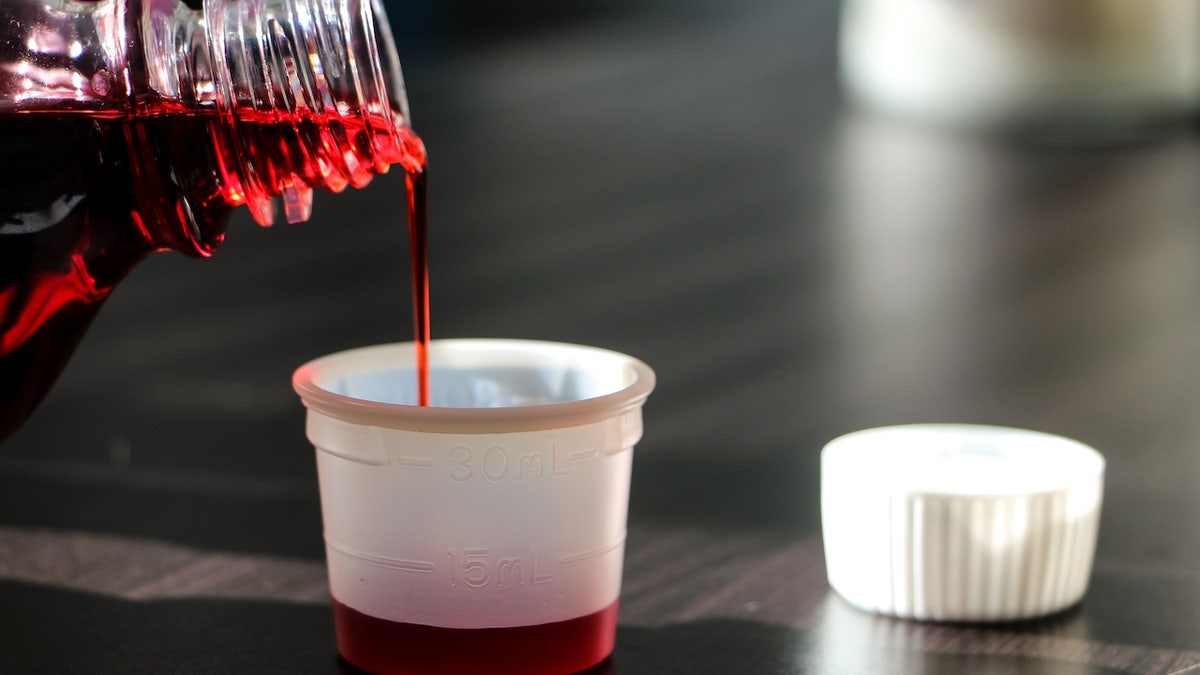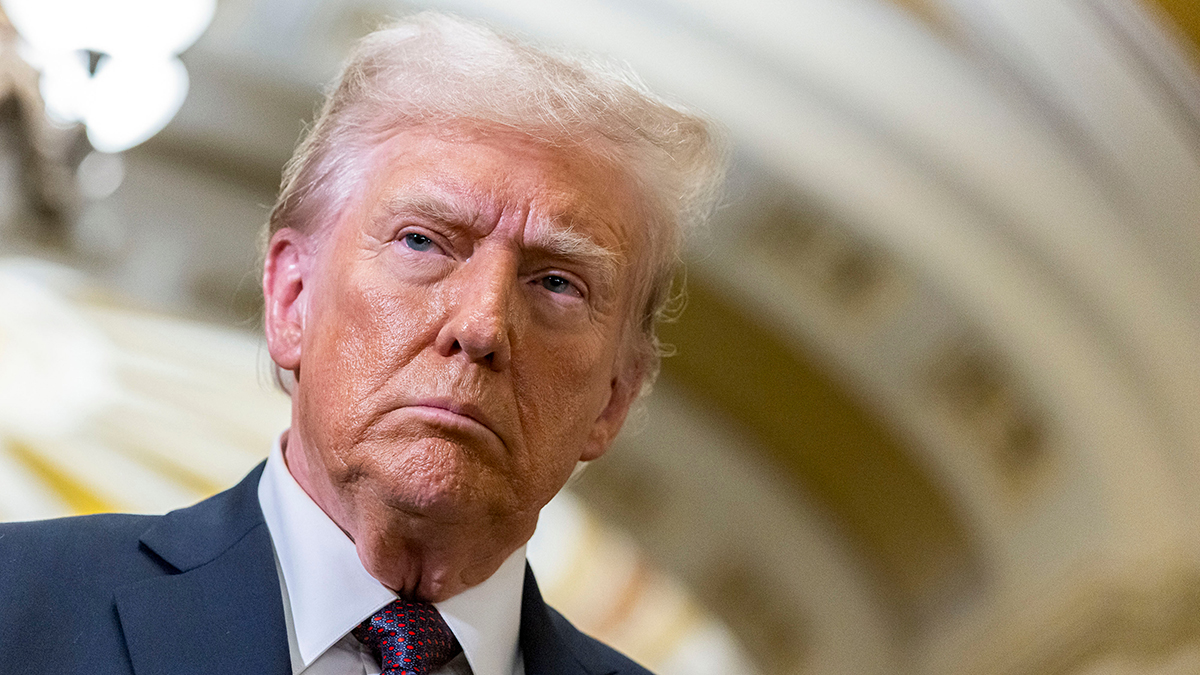Health
Amid ADHD drug shortage, FDA approves generic version of medication: ‘Opportune time’

In response to the ongoing shortage of ADHD medications, the U.S. Food and Drug Administration (FDA) has approved several generic versions of Vyvanse (lisdexamfetamine dimesylate) for the treatment of attention-deficit/hyperactivity disorder in people 6 years and older.
Vyvanse is available in capsules and chewable tablets, according to the FDA’s announcement.
Dr. Barry K. Herman, a board-certified psychiatrist and the chief medical officer for Mentavi Health, a mental health assessment provider in Grand Rapids, Michigan, is hopeful that these new generic drugs will help address the persistent ADHD medication shortage.
ADHD DRUG SHORTAGE COULD MAKE BACK-TO-SCHOOL SEASON CHALLENGING, EXPERT SAYS: ‘WIDESPREAD IMPACT’
“The FDA made the review and approval of these generics a priority, and hopefully manufacturing will now scale up rapidly to meet this pressing need,” he told Fox News Digital.
These generic medicines are designed to work in the same way and provide the same benefit as the brand-name versions.
The FDA has approved several generic versions of Vyvanse (lisdexamfetamine dimesylate) for the treatment of attention-deficit/hyperactivity disorder in people 6 years and older. (iStock)
“Generic drugs are approved based on their bioequivalence to the brand drug,” Herman said. “In theory, that would make them work the same, but in some cases, patients may feel that they do better on the branded drug.”
ADHD NUMBERS CLIMBING DRAMATICALLY IN THE U.S., ESPECIALLY AMONG WOMEN, SAYS NEW STUDY
Potential side effects are likely the same as with the brand-name drug, he noted, though some may experience different side effects on the generic version.
Fourteen companies have now been approved to manufacture and sell generic Vyvanse.

Lisdexamfetamine is used in the treatment of attention deficit hyperactivity disorder (ADHD) and binge-eating disorder. (iStock)
“That should help address the medication shortage, especially of Adderall,” Herman said. “It may take some time, however, for the manufacturing and distribution of the generic drug to catch up to the shortage.”
The cost of the generic Vyvanse should be considerably less than the brand-name ADHD drugs, Herman said.
CLICK HERE TO SIGN UP FOR OUR HEALTH NEWSLETTER
“Having many companies manufacture and sell the drug will generally drive the cost down,” he said. “Costs may differ depending on whether you have insurance, the pharmacy you use and the dose of the drug.”
The FDA first announced the shortage of ADHD medication — primarily Adderall — in October 2022.

The FDA first announced the shortage of ADHD medication — primarily Adderall — in October 2022. (Reuters/Andrew Kelly/File Photo)
Adderall (amphetamine mixed salts) is the medication that’s most affected by the shortage, along with variations of methylphenidate, sold under the brand names Ritalin or Concerta.
Vyvanse is also intended to treat moderate to severe binge-eating disorder (BED) in adults.
“This should help many people who are currently struggling with the drug shortage,” said Herman.
“Having a generic drug available that is approved for both ADHD ages 6 and up, and for adults with moderate to severe binge-eating disorder, could not come at a more opportune time.”

Health
Treating Other Diseases With Ozempic? Experts Weigh In | Woman's World

Sign Up
Create a free account to access exclusive content, play games, solve puzzles, test your pop-culture knowledge and receive special offers.
Already have an account? Login
Use left and right arrow keys to navigate between menu items.
Use escape to exit the menu.
Health
FDA bans red food dye due to potential cancer risk

FDA looks to ban red food dye
Celebrity fitness trainer Jillian Michaels joins ‘Hannity’ to discuss the possibility of the FDA banning red food dye.
The U.S. Food and Drug Administration (FDA) has officially banned red dye — called Red 3, or Erythrosine — from foods, dietary supplements and ingested medicines, as reported by the Associated Press on Wednesday.
Food manufacturers must remove the dye from their products by January 2027, while drug manufacturers will have until January 2028 to do so, AP stated.
Any foods imported into the U.S. from other countries will also be subject to the new regulation.
RED FOOD DYE COULD SOON BE BANNED AS FDA REVIEWS PETITION
“The FDA is taking action that will remove the authorization for the use of FD&C Red No. 3 in food and ingested drugs,” said Jim Jones, the FDA’s deputy commissioner for human foods, in a statement.
The U.S. Food and Drug Administration has officially banned red dye — called Red 3, or Erythrosine — from foods, dietary supplements and ingested medicines (iStock)
“Evidence shows cancer in laboratory male rats exposed to high levels of FD&C Red No.3,” he continued. “Importantly, the way that FD&C Red No. 3 causes cancer in male rats does not occur in humans.”
The synthetic dye, which is made from petroleum, is used as a color additive in food and ingested drugs to give them a “bright cherry-red color,” according to an online statement from the FDA.

Food manufacturers must remove the dye from their products by January 2027, while drug manufacturers will have until January 2028 to do so. (iStock)
The petition to ban the dye cited the Delaney Clause, which states that the agency cannot classify a color additive as safe if it has been found to induce cancer in humans or animals.
The dye was removed from cosmetics nearly 35 years ago due to potential cancer risk.
CLICK HERE TO SIGN UP FOR OUR HEALTH NEWSLETTER
“This is a welcome, but long overdue, action from the FDA: removing the unsustainable double standard in which Red 3 was banned from lipstick but permitted in candy,” said Dr. Peter Lurie, director of the group Center for Science in the Public Interest, which led the petition effort, as reported by AP.

Nearly 3,000 foods are shown to contain Red No. 3, according to Food Scores, a database of foods compiled by the Environmental Working Group. (iStock)
Dr. Marc Siegel, clinical professor of medicine at NYU Langone Health and Fox News senior medical analyst, applauded the FDA’s ban.
“It was a long time coming,” he told Fox News Digital. “It’s been more than 30 years since it was banned from cosmetics in the U.S. due to evidence that it is carcinogenic in high doses in lab rats. There needs to be a consistency between what we put on our skin and what we put into our mouths.”
“There needs to be a consistency between what we put on our skin and what we put into our mouths.”
Siegel said he believes the FDA’s decision could be tied to the incoming new head of the Department of Health and Human Services, Robert F. Kennedy Jr.
“They knew it would have happened anyway under RFK Jr.,” he said. “It is already banned or severely restricted in Australia, Japan and the European Union.”

The food additive also “drew kids in” to a diet of empty calories and ultraprocessed foods, one doctor stated. (iStock)
The food additive also “drew kids in” to a diet of empty calories and ultraprocessed foods, Siegel added.
“It has also been linked to behavioral issues in children, including ADHD.”
Nearly 3,000 foods are shown to contain Red No. 3, according to Food Scores, a database of foods compiled by the Environmental Working Group.
For more Health articles, visit www.foxnews.com/health
The National Confectioners Association provided the below statement to Fox News Digital.
“Food safety is the number one priority for U.S. confectionery companies, and we will continue to follow and comply with FDA’s guidance and safety standards.”
The petition to remove Red No. 3 from foods, supplements and medications was presented in 2022 by the Center for Science in the Public Interest and 23 other organizations and scientists.
Health
How Yvette Nicole Brown Lost Weight and Got Her Diabetes Under Control

Sign Up
Create a free account to access exclusive content, play games, solve puzzles, test your pop-culture knowledge and receive special offers.
Already have an account? Login
Use left and right arrow keys to navigate between menu items.
Use escape to exit the menu.
-
/cdn.vox-cdn.com/uploads/chorus_asset/file/25822586/STK169_ZUCKERBERG_MAGA_STKS491_CVIRGINIA_A.jpg)
/cdn.vox-cdn.com/uploads/chorus_asset/file/25822586/STK169_ZUCKERBERG_MAGA_STKS491_CVIRGINIA_A.jpg) Technology1 week ago
Technology1 week agoMeta is highlighting a splintering global approach to online speech
-

 Science6 days ago
Science6 days agoMetro will offer free rides in L.A. through Sunday due to fires
-
/cdn.vox-cdn.com/uploads/chorus_asset/file/23935558/acastro_STK103__01.jpg)
/cdn.vox-cdn.com/uploads/chorus_asset/file/23935558/acastro_STK103__01.jpg) Technology6 days ago
Technology6 days agoAmazon Prime will shut down its clothing try-on program
-

 News1 week ago
News1 week agoMapping the Damage From the Palisades Fire
-

 News1 week ago
News1 week agoMourners Defy Subfreezing Temperatures to Honor Jimmy Carter at the Capitol
-
/cdn.vox-cdn.com/uploads/chorus_asset/file/25826211/lorealcellbioprint.jpg)
/cdn.vox-cdn.com/uploads/chorus_asset/file/25826211/lorealcellbioprint.jpg) Technology6 days ago
Technology6 days agoL’Oréal’s new skincare gadget told me I should try retinol
-
/cdn.vox-cdn.com/uploads/chorus_asset/file/25832751/2192581677.jpg)
/cdn.vox-cdn.com/uploads/chorus_asset/file/25832751/2192581677.jpg) Technology2 days ago
Technology2 days agoSuper Bowl LIX will stream for free on Tubi
-

 Business4 days ago
Business4 days agoWhy TikTok Users Are Downloading ‘Red Note,’ the Chinese App














